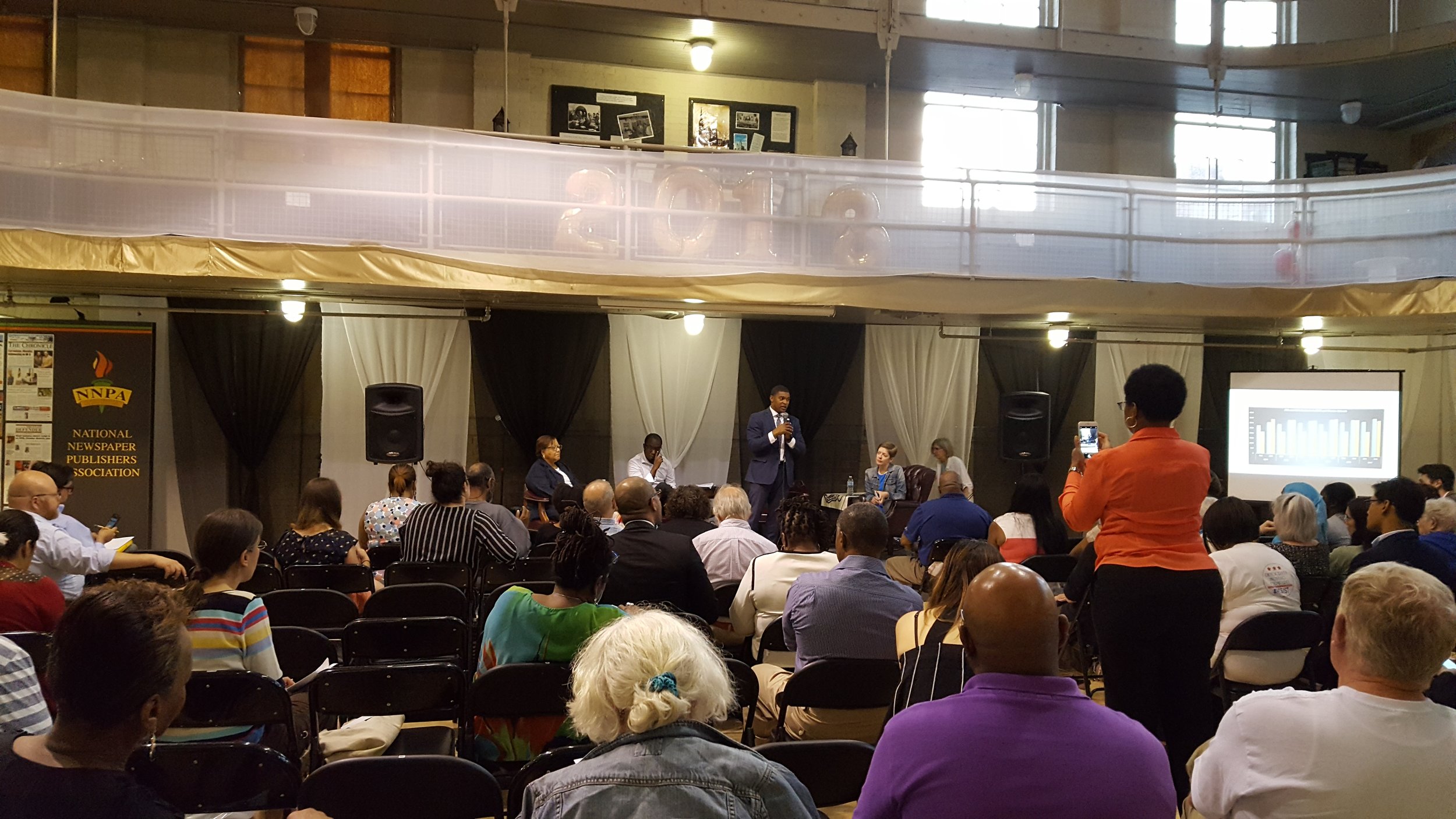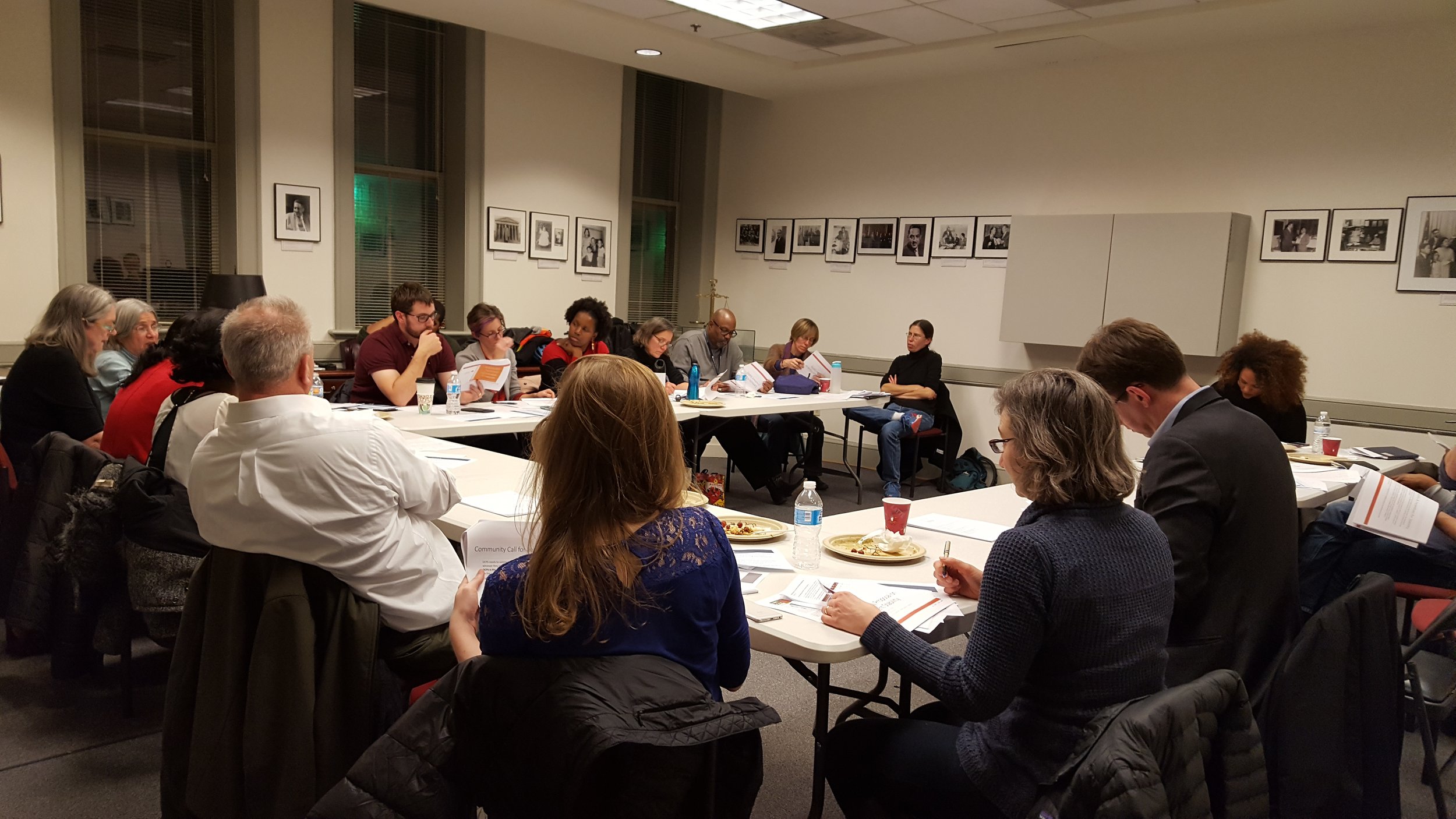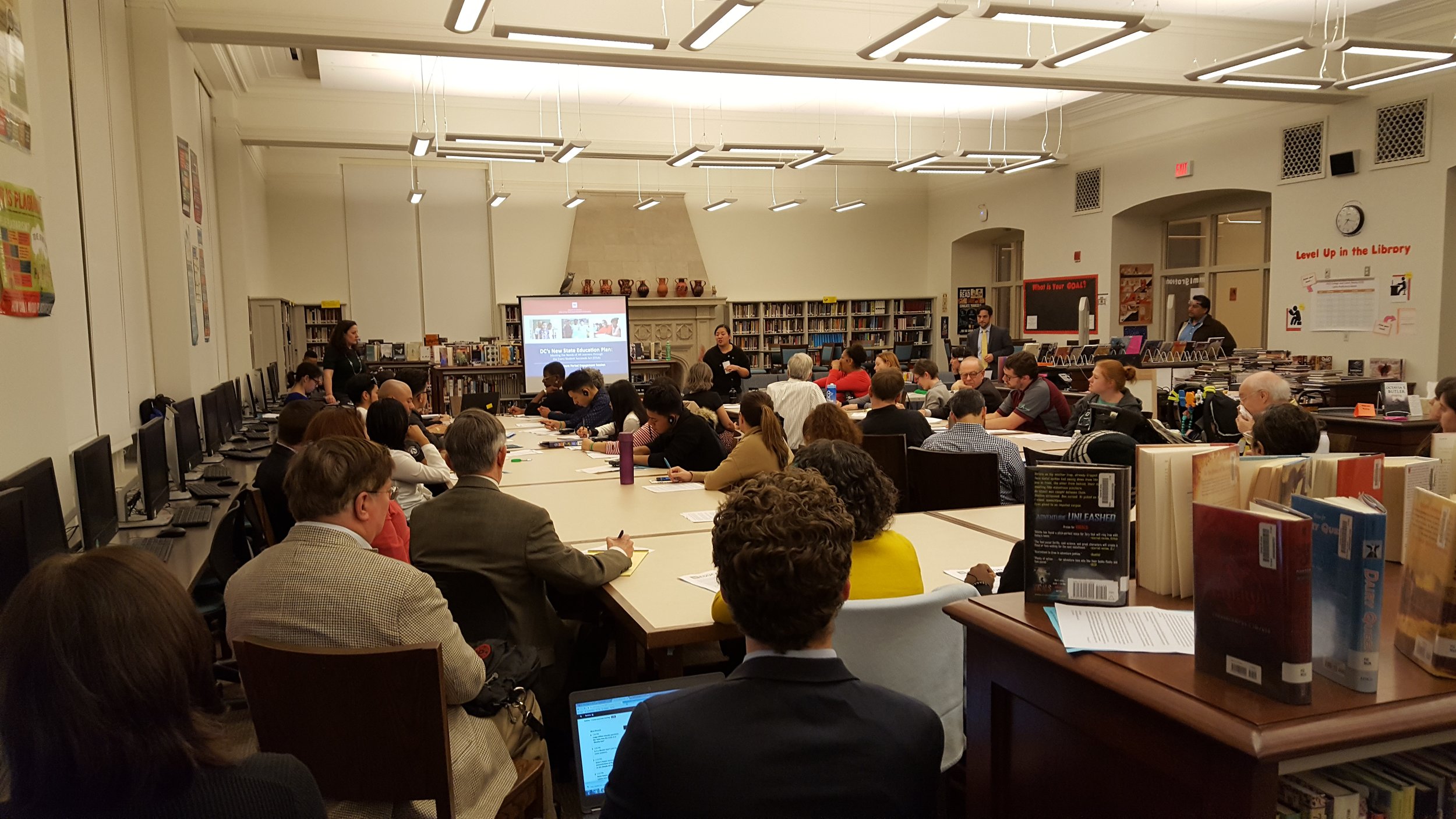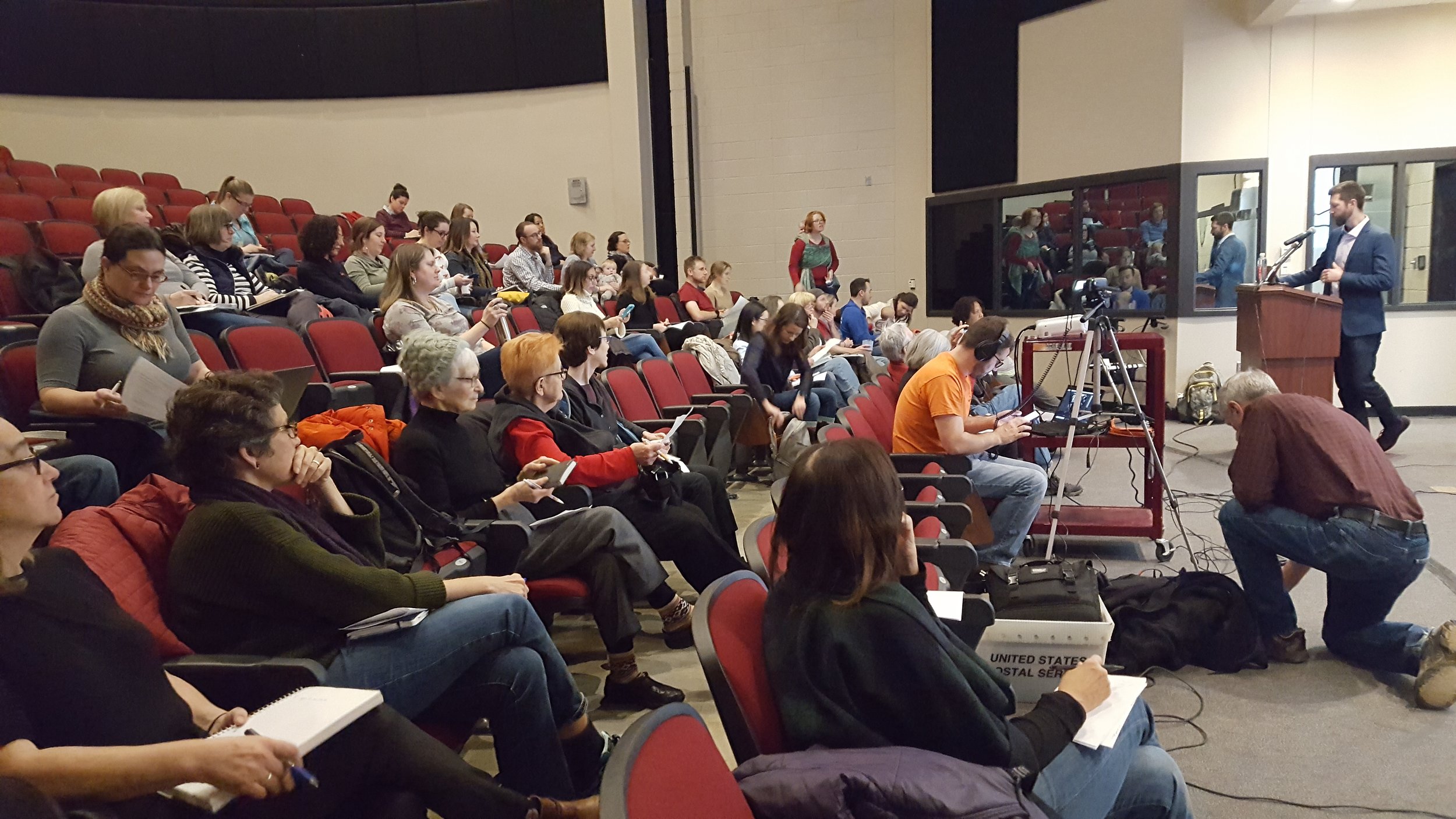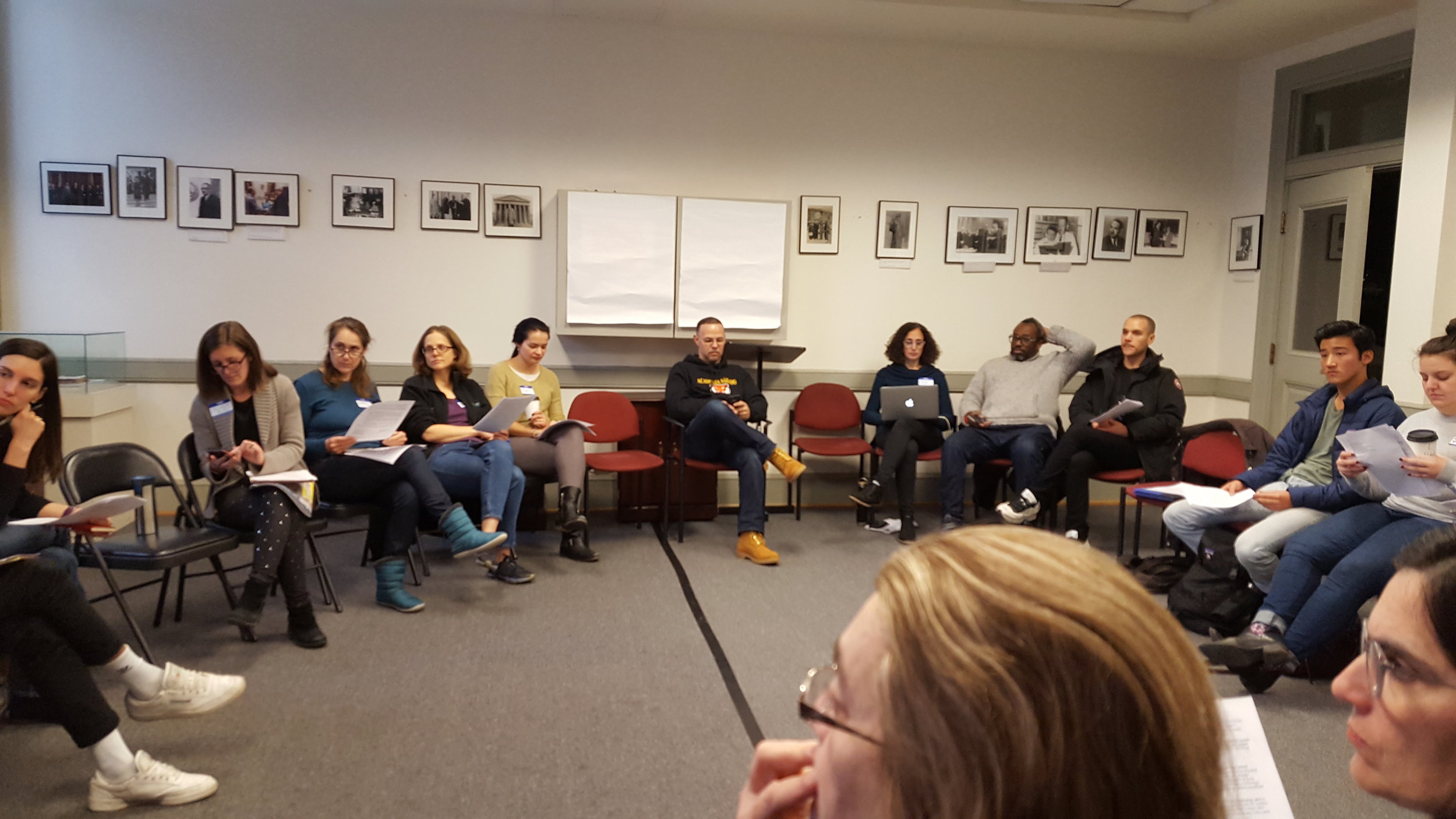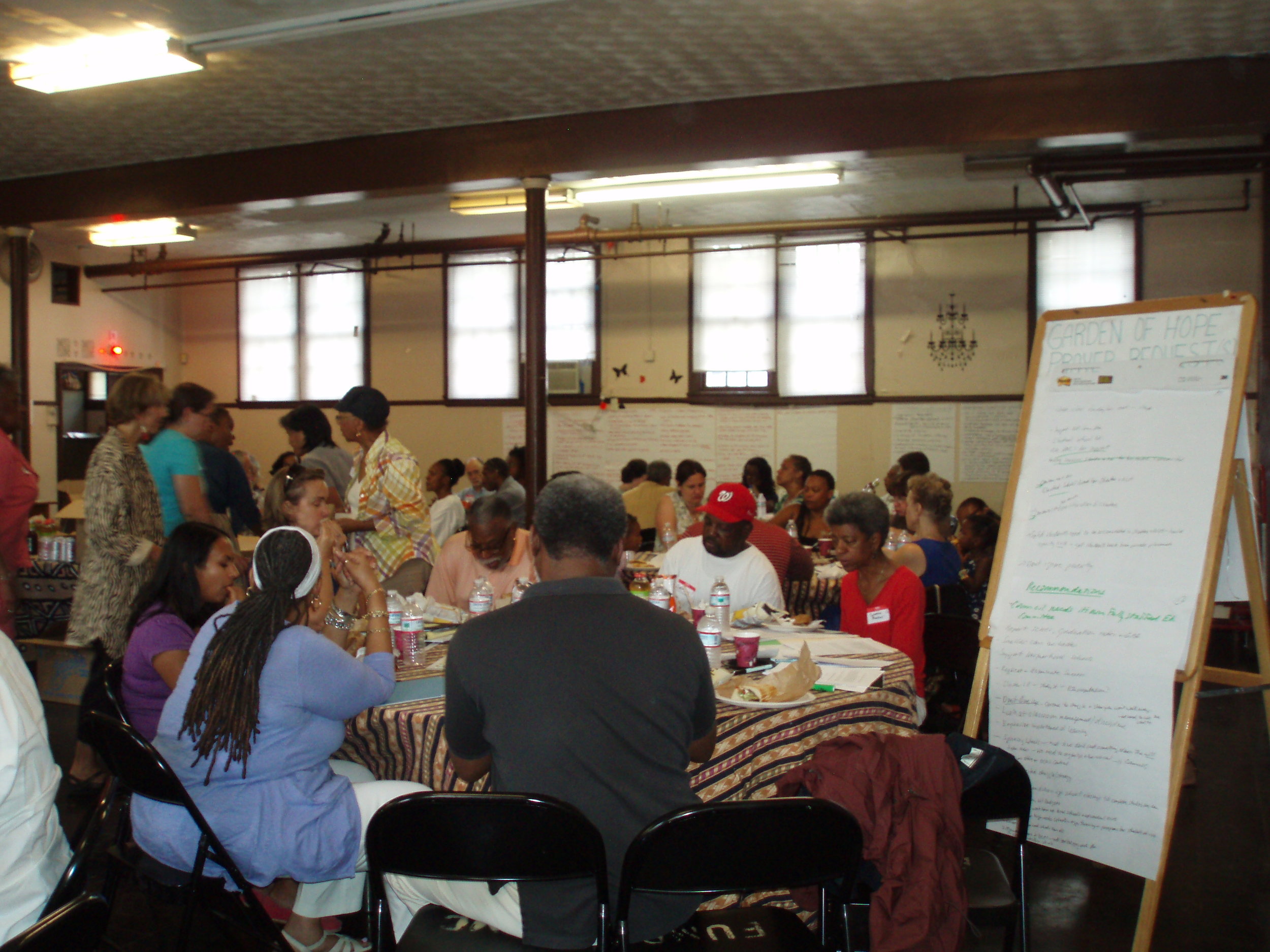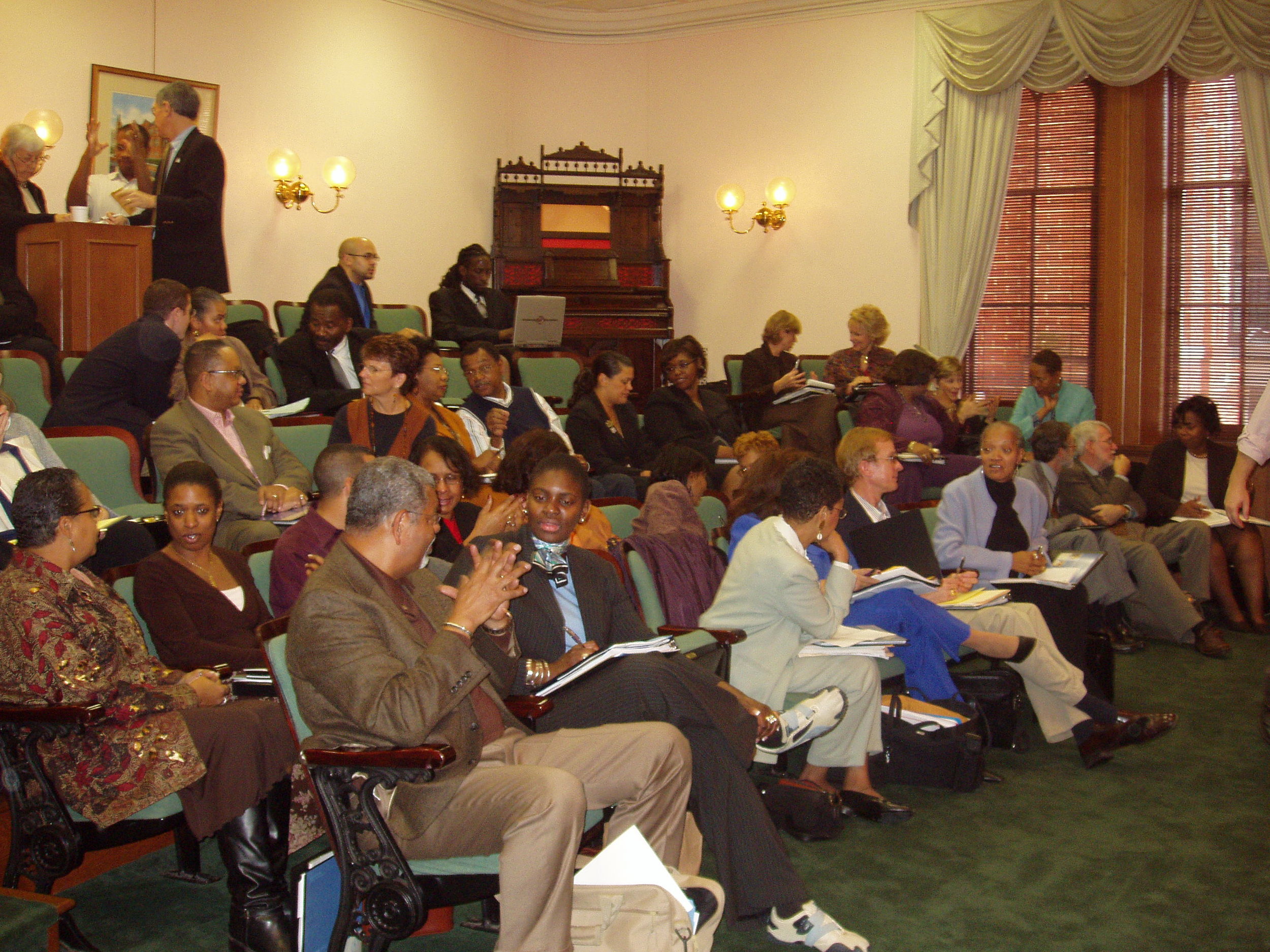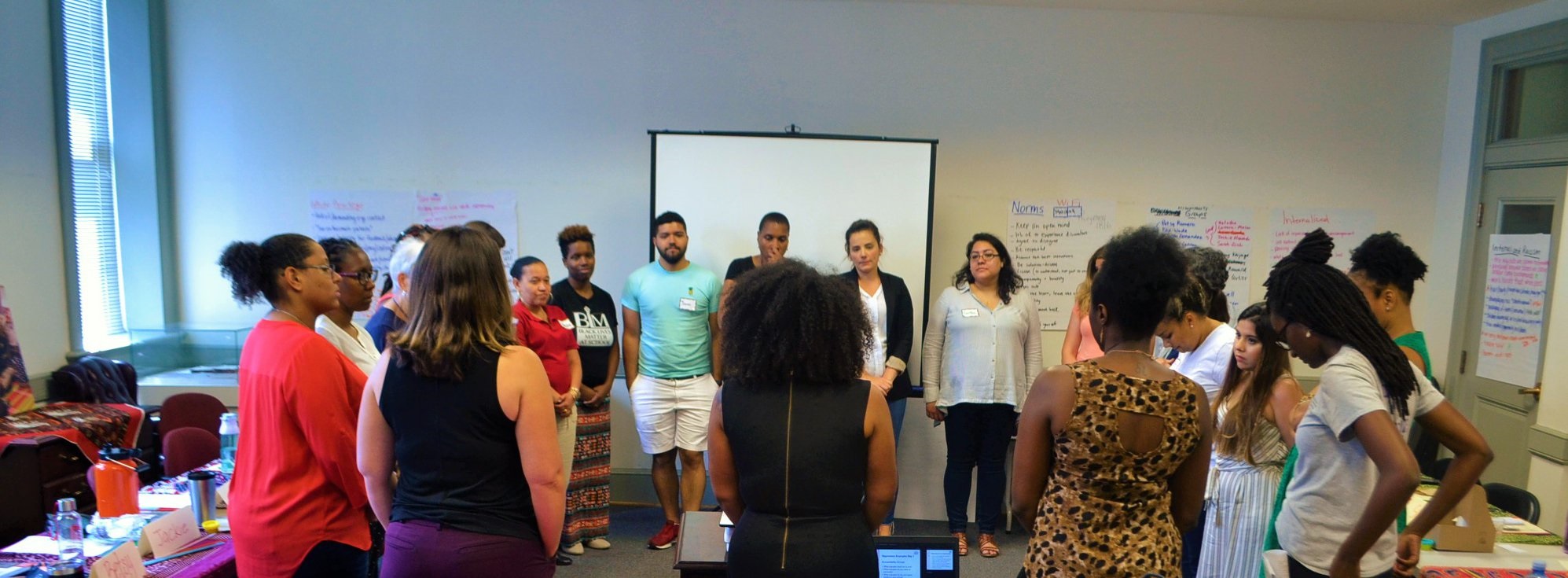Jablow testimony, board training bill 3/26/25
/Jablow testimony, board training bill 3/26/25
I am Valerie Jablow, a DC education analyst.
The bill that is the subject of this hearing--to provide training to board members of DC charter schools--came about in the wake of the rather dramatic collapse of Eagle Academy, which included the equally dramatic step of its board to close the school a week before the start of this school year.
It is tempting to believe that better board training would have prevented that--or at least minimized the damage.
Unfortunately, that is not the case—and this legislation doesn’t prevent it from happening again. That is because this legislation would not prevent a head of school from keeping important fiscal matters away from its board; not representing fiscal matters directly to the board; and/or repeatedly misrepresenting this to the council and charter board without any check by either body.
That is what happened with Eagle.
This legislation also does nothing about ensuring the charter board doesn’t ignore important fiscal information. This happened with Eagle as well as with WMST. Both schools closed precipitously as a result. And this legislation is silent on the needed, but unheralded and untracked, communication between charter board staff and board members of individual charter schools. The charter board has not made entirely clear to whom at each LEA it relays fiscal and other concerns: board members, school leaders, or both. What little I know of this suggests that not all DC charter school boards are operating with equivalent information.
Ironically, one of the jurisdictions requiring affirmation of board members’ duties—Nevada—was the same jurisdiction where Eagle had recently opened a school. That school, too, failed—with the same CEO with many similar problems.
But unlike DC, Nevada regulators cracked down on fiscal anomalies immediately and very publicly.
Given all of this, it behooves this body to not just ensure training of charter board members—a very basic accountability—but to ensure that the people we are actually paying for oversight are serving the public first, not nonprofits. As I testified before you earlier this month, almost 20% of our charters are now on the charter board’s fiscal monitoring list, while there is still limited public accessibility to all the ongoing, real-time fiscal analyses the charter board uses to evaluate the fiscal health of our charters.
Moreover, the charter board’s executive director was not entirely forthcoming in how she addressed the chairman’s queries about that during the March 5 performance oversight hearing.5 She referenced the fact that financial analysis reports (FARs) and a multitude of other financial data are available on the charter board’s website--without noting that nearly all of it, including FARs, is based on data a year or more old and does not contain the charter board’s ongoing, real-time fiscal analyses, some of which are not easily (or sometimes at all) available to the public.
These include —early warning notices; —notices of fiscal concern; —out of compliance notices; —citations of fiscal concern; —schools not meeting fiscal targets and/or floors; —schools with odd key financial indicators (KFIs); and —FCAPs (financial corrective action plans).6
Finally, I want to underscore that Eagle’s abrupt closure by its board was well within that board’s role. In fact, this can, and has, happened at DC charter schools.7
Please understand that none of this is to say don’t train board members of charter schools! It is merely to underscore that such training is never a guarantee by itself of accountability and should not be the only measure of such taken by this body in the wake of Eagle.8
Thank you.
